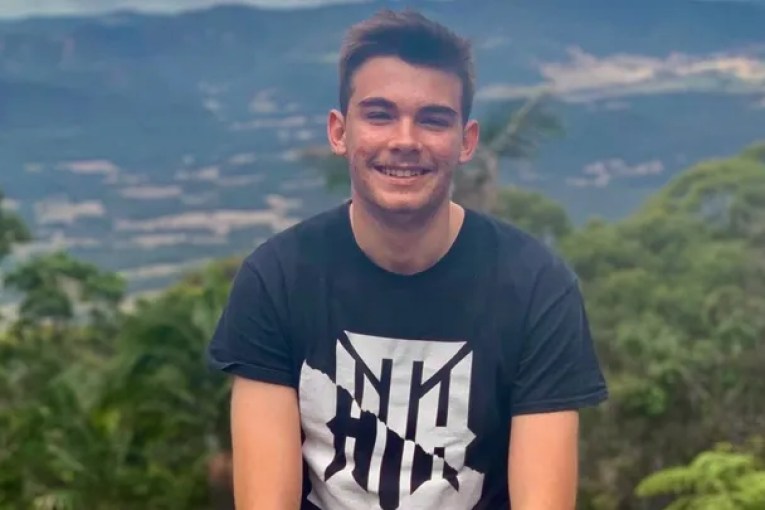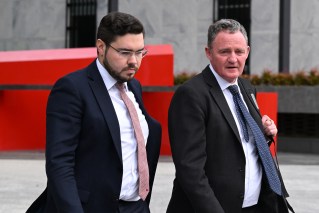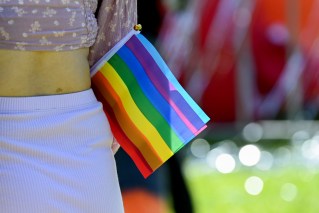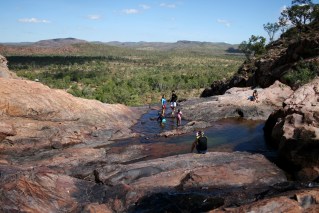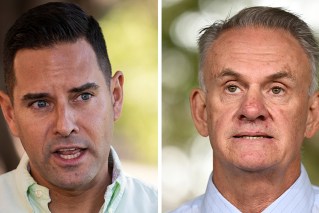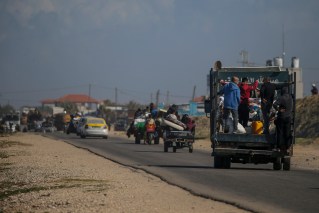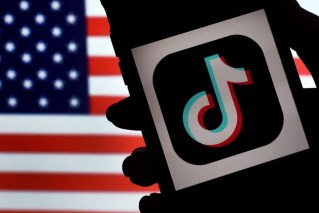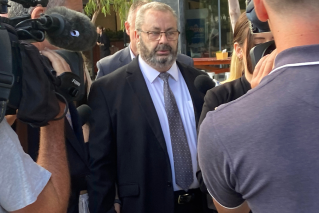Every Australian would be able to get a coronavirus vaccine before the end of 2021, the federal government says, with Canberra locking in 50 million additional doses of two new promising international candidates.
The federal government says it has locked in new agreements with Pfizer and Novavax to supply vaccine stocks to Australia.
Both companies have encouraging candidates in late-stage trials.
The two agreements, announced late on Wednesday night by Prime Minister Scott Morrison and Health Minister Greg Hunt, take Australia’s potential stock to 134 million, spread across four separate vaccines.
The announcement brings the government’s COVID-19 vaccine investment to more than $3.2 billion, according to the PM’s office.

Greg Hunt and Scott Morrison are optimistic about the new agreements. Photo: AAP
In details confirmed by the government, all four vaccine candidates – the two new ones plus previous agreements with the University of Oxford and AstraZeneca, and the University of Queensland – would each likely require two separate injections.
“By securing multiple COVID-19 vaccines we are giving Australians the best shot at early access to a vaccine, should trials prove successful,” Mr Morrison said.
“We aren’t putting all our eggs in one basket and we will continue to pursue further vaccines should our medical experts recommend them.”
The New Daily has contacted Pfizer and Novavax for comment.
New vaccine details
Australia has secured 40 million doses of the Novavax candidate and 10 million of Pfizer’s. Both will be manufactured offshore, between the United States, Czech Republic, Belgium and Germany, and if properly approved by medical authorities, would begin arriving from “early 2021”.
Both are in phase three clinical trials.
The Novavax vaccine’s development saw stage two trials being conducted across multiple sites in Australia.

Pfizer’s new mRNA vaccine is seen as a promising candidate. Photo: Getty
The Oxford and UQ candidates will be almost totally manufactured in Australia.
The reason the new Pfizer vaccines won’t be made in Australia, and instead made overseas and shipped here, comes down to manufacturing capability.
The Pfizer vaccine is known as an mRNA type – standing for messenger ribonucleic acid.
These are synthetic vaccines created in test tubes, compared to protein-based ones that are cultivated in cells or eggs.
The mRNA vaccines are a newer type, never before produced at large scale for human use.
Industry and Science Minister Karen Andrews said last month Australia does not currently have the capability to produce mRNA vaccines and “would need to do a lot of work” to retool facilities to make such a candidate – which she said could take up to 12 months.
.@karenandrewsmp says it could take 9 months-12 months for CSL "to get itself into a position where it could deliver" a coronavirus vaccine, if it's MRNA-based. #insiders #auspol pic.twitter.com/WAj6rd0n4L
— Insiders ABC (@InsidersABC) October 24, 2020
The Novavax candidate is known as a protein + adjuvant type vaccine, the same type as the UQ candidate.
Despite Australia having the capability to produce that type, The New Daily understands the Novavax vaccine would be manufactured overseas because local facilities are already committed to producing the UQ and Oxford vaccines.
Mr Hunt said Australia’s current vaccine “portfolio” – two protein vaccines, one mRNA and one viral vector-type vaccine – put the country in a strong position, pending further testing and approvals.
Mr Hunt has previously indicated if multiple vaccines prove successful, different Australians may receive different types.
Australia had previously confirmed 51 million doses of the University of Queensland vaccine and 34 million of the Oxford University and AstraZeneca model.
Everyone could get a vaccine in 2021
The government has long hinted at-risk groups like the elderly, those with chronic health issues and health workers would be prioritised in the first stages of the vaccine rollout.
On Wednesday, Mr Morrison and Mr Hunt locked in details about how the initial stages of the vaccine distribution strategy will occur.

The government has stocks of four vaccine types. Photo: AAP
“The goal and the expectation is that Australians who sought vaccination will be vaccinated within 2021,” Mr Hunt said.
“There are no surprises, health and aged-care workers and the elderly and vulnerable will be the first to gain access to a vaccine that’s deemed safe and effective.”
The government again stressed the vaccine would be free to all who want it, but would not be mandatory, and people would “maintain the option to choose not to vaccinate”.
Mr Morrison previously said any COVID vaccine would be made “as mandatory as you can possibly make”.
As part of the vaccine announcement, the government said that “preliminary advice” from the Australian Technical Advisory Group on Immunisation was that priority groups for vaccination would be people at increased risk of exposure, including:
- Health and aged-care workers
- The elderly
- Those working in services critical to societal functioning.
Mr Morrison confirmed the government was working with states and territories, medical experts and industry bodies on the initial rollout program.
People will be able to be vaccinated at GPs, respiratory clinics and workplaces like aged-care facilities.

